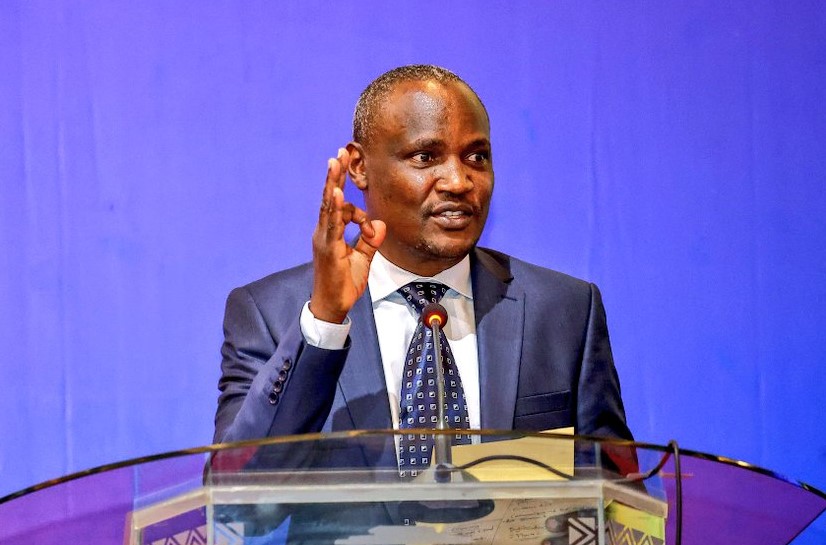Treasury Cabinet Secretary John Mbadi has disclosed that ongoing talks between Kenya and the International Monetary Fund (IMF) are being delayed by disagreements over the country’s new securitisation policy.
In an interview with Reuters on Tuesday, November 4, Mbadi said the discussions are focused on how securitised debt should be treated, with the IMF insisting that borrowing under this model should still count as traditional debt. The Treasury, however, argues that securitisation offers a creative way to raise funds without increasing overall debt.
Securitisation allows a government to convert future revenues such as taxes or levies into immediate cash through the issuance of asset-backed securities. This involves setting up a Special Purpose Vehicle (SPV) that manages and isolates the pledged revenue streams, which are later used to repay investors.
Supporters of the approach believe it helps reduce fiscal strain, finance stalled projects, and manage debt more efficiently. Critics, however, warn that it could undermine transparency, reduce future revenues, and limit budget flexibility.
This year, Kenya securitised part of its fuel levy to raise Ksh175 billion, targeting the completion of more than 580 stalled road projects. The arrangement saw the Kenya Roads Board (KRB) allocate Ksh7 from every litre of fuel levy to an SPV, leaving Ksh18 for regular road maintenance.
Kenya’s $3.6 billion IMF programme expired earlier this year, and the government is seeking a fresh loan to manage external debt obligations. The previous programme ended after Nairobi skipped the final $850 million disbursement due to missed fiscal targets.
Mbadi, accompanied by PS Chris Kiptoo and CBK Governor Kamau Thugge, expressed optimism during the IMF/World Bank Annual Meetings in Washington, D.C., that an agreement will soon be reached to unlock the much-needed funding.

